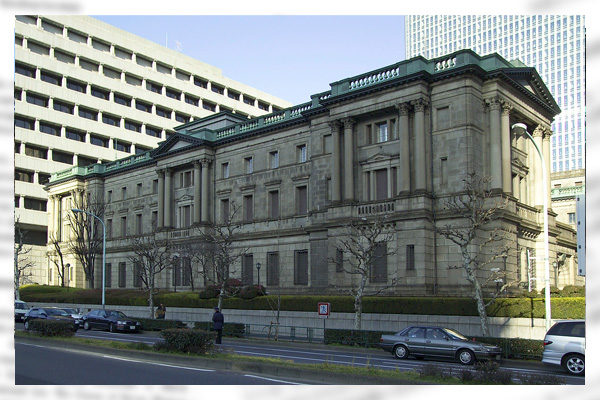The Bank of Japan (BOJ) effectively raised the upper limit of its long-term interest rate to 1% at its monetary policy meeting on July 28th. Governor Kazuo Ueda, who took office in April, has begun to revise the yield curve control (YCC) policy that was started during the time of his predecessor Haruhiko Kuroda. However, this move could potentially encourage speculative trading in Japanese government bonds (JGBs) and foreign exchange.
Negative effects of boosting interest rates
The Japanese economy is now steadily recovering thanks to the legacy of former Prime Minister Shinzo Abe’s Abenomics economic policy, including unprecedented monetary easing. Not only the BOJ but also economic media that adjust to speculators’ ulterior motive should not break the current virtuous cycle.
The BOJ's decision at the meeting was to keep the upper limit of the benchmark 10-year JGB yield at 0.5% as a “target” but allow an actual increase of up to 1%. Although Ueda told a press conference after the meeting that the central bank would control speculative bond selling without basis from spreading too much, the expansion of interest rate fluctuations itself could encourage speculative trading.
A 0.5% yield change roughly means a 5% change in JGB principal value. The trading volume of JGBs is huge, with an average of 134 trillion yen per day as of June, indicating the fluctuation of the principal market is about 6.7 trillion yen per day. This means that financial institutions that earn profits from trading JGBs would welcome the BOJ’s decision. But it may exert negative impacts on the nation and the national economy.
The JGB market, which is the cornerstone of the financial market, has a foreign share of more than 38% in trading, including investment funds that specialize in short-term buying and selling. This overwhelms domestic financial institutions that are trading partners with the BOJ and leads the market. The rise in JGB yields means a decline in JGB prices. This not only hits the BOJ's assets, which had a JGB holding balance of 576 trillion yen at the end of March, but also raises the government’s JGB issuance cost and becomes an obstacle to fiscal management.
Foreign funds ready to benefit from future BOJ decisions
On the morning of July 28, the long-term interest rate, which had been around 0.45%, began to wildly fluctuate after the Nikkei Shimbun newspaper reported on its front page prior to the BOJ announcement that the central bank would "tolerate" a long-term interest rate of over 0.5%. After the BOJ's official announcement, the yield soared to 0.575%, exerting ripple effects on U.S. and European financial markets. The market fluctuation for the JGB that represents yen-denominated assets naturally spilled over to the foreign exchange market, triggering speculative yen selling in Japan and abroad.
At the press conference, Ueda said, “If we are slow, side effects will expand,” indicating that he thought he had taken the initiative in making long-term interest rates flexible. However, foreign investment funds outside the BOJ’s scope of influence, encouraged by their profits on speculative trading on July 28, will be watching for opportunities to break through the upper limit of 1% for long-term interest rates and even abolish YCC itself.
Hideo Tamura is a Planning Committee member at the Japan Institute for National Fundamentals and a columnist for the Sankei Shimbun newspaper.


